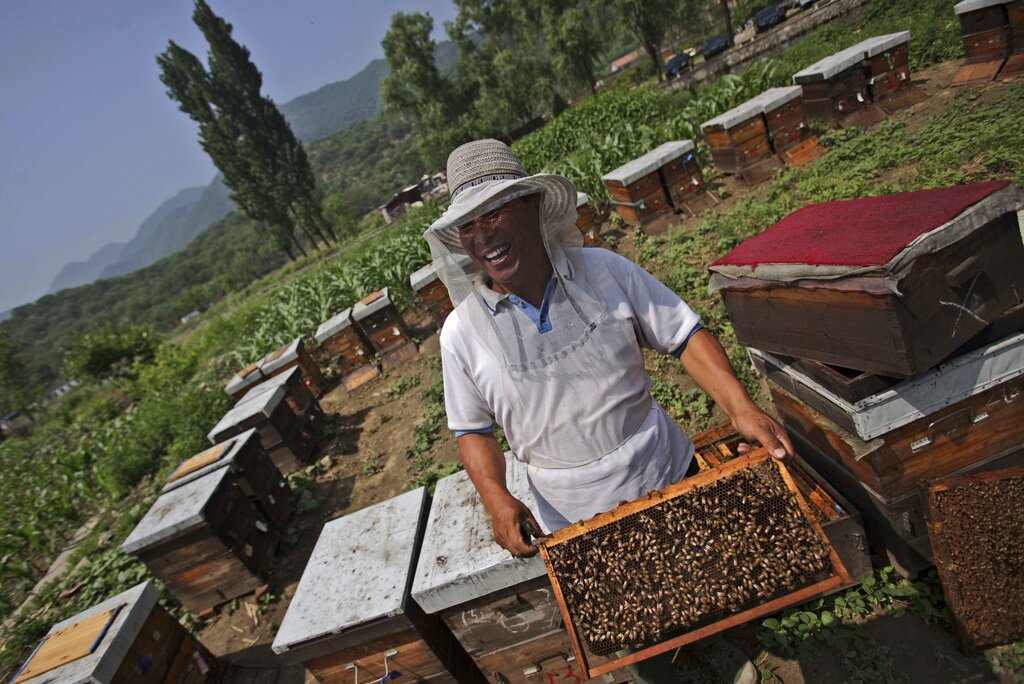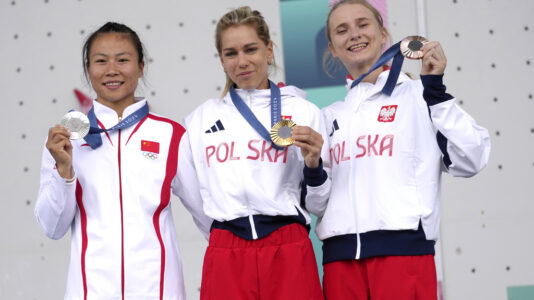Ukrainian honey exported to the European Union could soon once more be subject to customs duties after the volume of imports exceeded the annual quota of 44,000 tons.
Industrial beekeeping facilities in Ukraine are allowed to export a set volume of their product to the European Union without charge, but the European Commission now has two weeks to initiate a brake mechanism and impose customs duties on the product after that total was surpassed for the year.
Ukrainian honey is significantly cheaper to produce than within the European Union and therefore too much of the product flooding the market would have an adverse effect on EU producers.
A similar emergency brake mechanism has already been put in place for other agricultural products imported from Ukraine, such as oats, eggs, and sugar, explained Hungary’s State Secretary for Agriculture and Rural Development Zsolt Feldman, who said he hoped the measure would improve the situation for Hungarian honey producers.
A significant part of the Hungarian honey production, some 20,000 tons, is sold on Western European markets, he said.
“Beekeeping is one of our most export-oriented sectors, but we have seen that in recent years, since the duty-free regime for Ukrainian products has been in place, Ukrainian honey produced under unknown conditions has completely depressed European prices, essentially eliminating the profitability of Hungarian beekeeping,” he added.
Feldman noted that if the 17.3 percent duty is reimposed, it could greatly improve the export sales potential of Hungarian honey.
He recalled that the EU measures extending the import of Ukrainian products into the EU without duties and quantitative restrictions for one year, until June 2025, came into force at the beginning of June. At the same time, the European Commission, in response to the strong action of the European agricultural sector, has included this emergency brake mechanism, which will now be applied to honey.
President of the Hungarian National Beekeepers’ Association Péter Bross believes that even if the measure is implemented, it will not be an effective help for Hungarian honey producers, as Western Europe is already flooded with cheap imported honey.
He added that last year, a total of 163,000 tons of honey arrived on the EU market from third countries. Ukraine accounted for 30 percent of that. Hungarian honey has to compete with these products.






